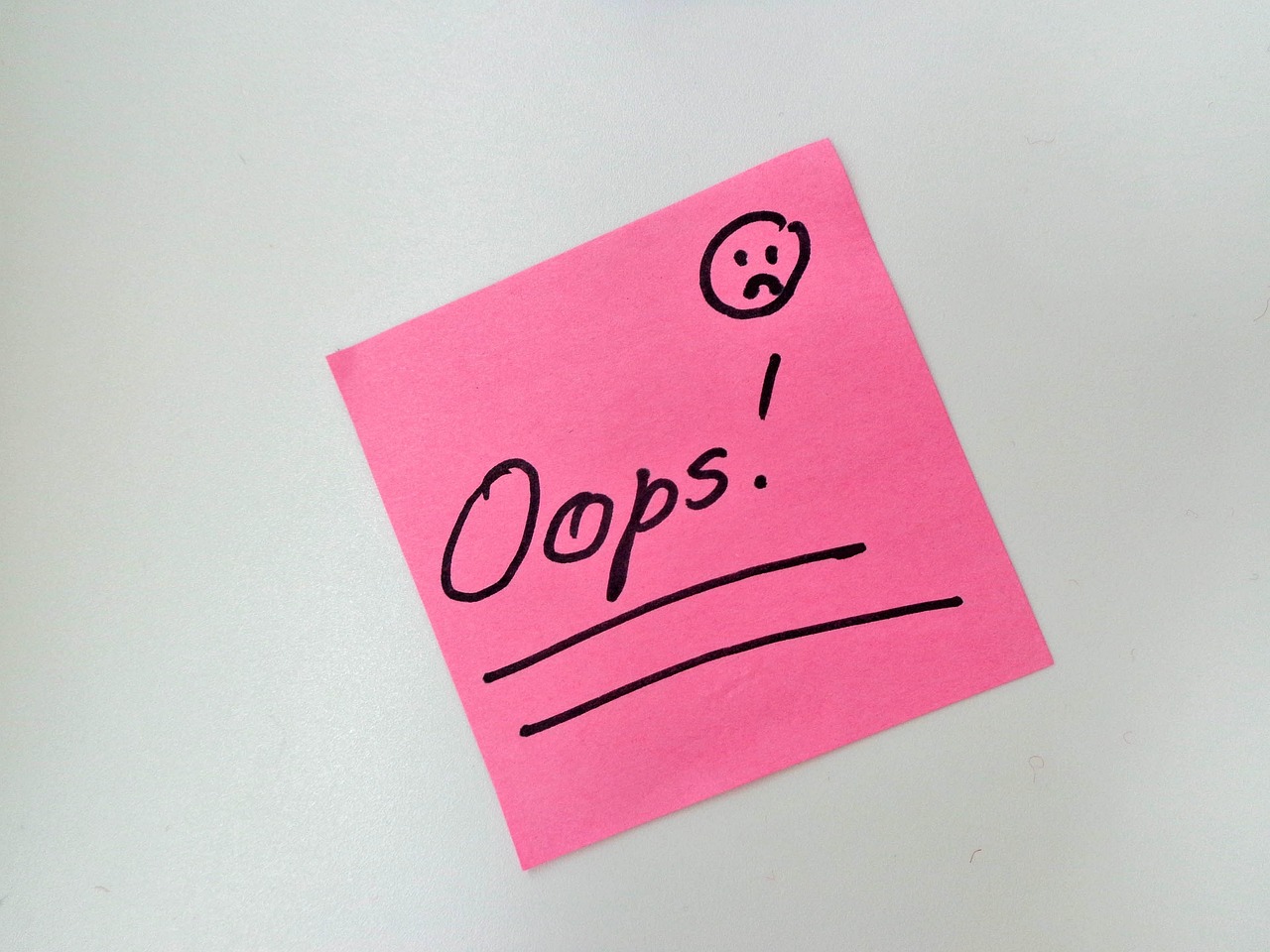Content marketing is an essential component of digital marketing. It involves creating and distributing valuable, relevant, and consistent content to attract and retain a clearly defined audience – ultimately, to drive profitable customer action. Content marketing can help your business establish its authority, increase brand awareness, and engage your audience.
However, not all content marketing strategies are effective. In fact, some common mistakes can hurt your efforts and negatively impact your results. In this article, we will discuss seven content marketing mistakes to avoid.
Mistake #1: Not having a content strategy
One of the biggest mistakes businesses make is creating content without a clear strategy in place. A content strategy involves defining your target audience, identifying your goals, and planning the type of content you’ll create, how you’ll distribute it, and how you’ll measure its success.
Without a strategy, you risk creating content that fails to resonate with your audience and doesn’t achieve your business objectives.
“Before you start your content marketing strategy, you want to list your key goal for each piece of content,” said Paul Dughi, CEO at StrongerContent.com. “It’s the only way you can measure the success of what you create.”
Mistake #2: Failing to understand your audience
Your content needs to speak directly to your target audience to be effective. If you don’t take the time to understand their needs, challenges, and preferences, you’ll struggle to create content that resonates with them.
Make sure you conduct thorough research to understand your audience’s demographics, interests, and pain points. This will help you create content that addresses their specific needs and interests.
Mistake #3: Creating content that’s too promotional
While the ultimate goal of content marketing is to drive profitable customer action, it’s important to remember that content should provide value to your audience. If your content is too promotional, it may turn off potential customers and hurt your credibility.
Make sure you balance promotional content with educational or entertaining content that provides value to your audience.
Mistake #4: Ignoring SEO best practices
Creating high-quality content is essential, but if your content is not optimized for search engines, it may not reach your intended audience. Make sure you follow SEO best practices, such as including relevant keywords, optimizing your meta tags, and creating high-quality backlinks to your content.
Mistake #5: Neglecting distribution
Creating great content is only half the battle. To be effective, your content needs to be seen by your target audience. Neglecting distribution can be a costly mistake. Make sure you have a plan in place for sharing your content across multiple channels, such as social media, email, and paid advertising.
Mistake #6: Failing to measure results
One of the most significant advantages of content marketing is its ability to provide measurable results. However, failing to measure your content’s performance can make it difficult to know whether your efforts are paying off.
Make sure you track key performance indicators (KPIs), such as website traffic, engagement, and conversion rates. This will help you identify what’s working and what’s not, and adjust your strategy accordingly.
“Track performance against the goals you set out before creating content to see what works and what doesn’t,” said Dughi.
Mistake #7: Giving up too soon
Content marketing is a long-term strategy that requires patience and persistence. It can take time to build an audience, establish your authority, and see significant results. If you give up too soon, you’ll miss out on the potential benefits of content marketing.
Make sure you have a long-term plan in place and stay committed to your strategy, even if you don’t see immediate results.
Conclusion
Content marketing can be a highly effective way to engage your audience, establish your authority, and drive profitable customer action. However, to be successful, you need to avoid common mistakes that can hurt your efforts.
Make sure you have a clear strategy, understand your audience, create valuable content, optimize for search engines, distribute your content effectively, measure your results, and stay committed to your strategy.

